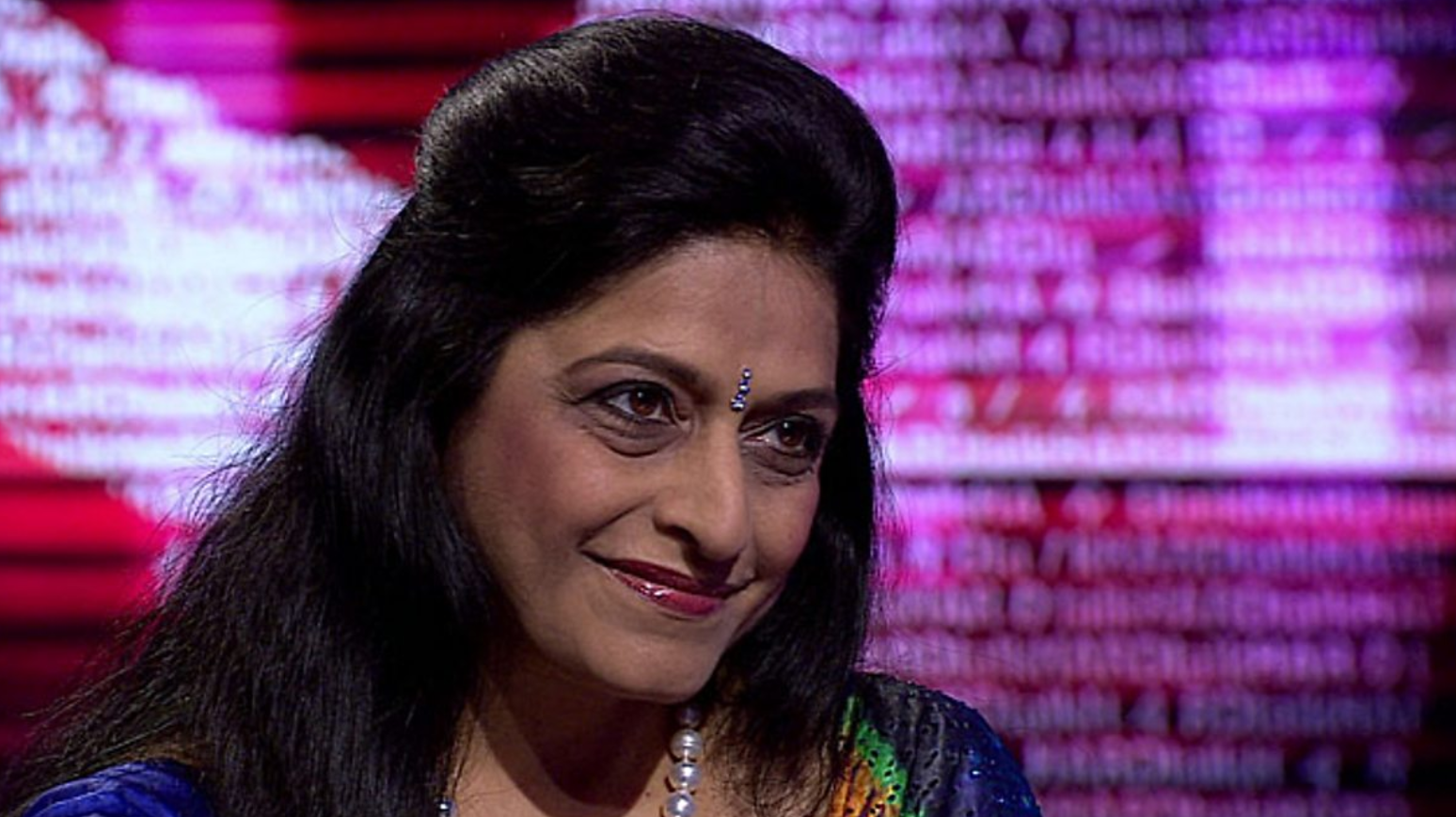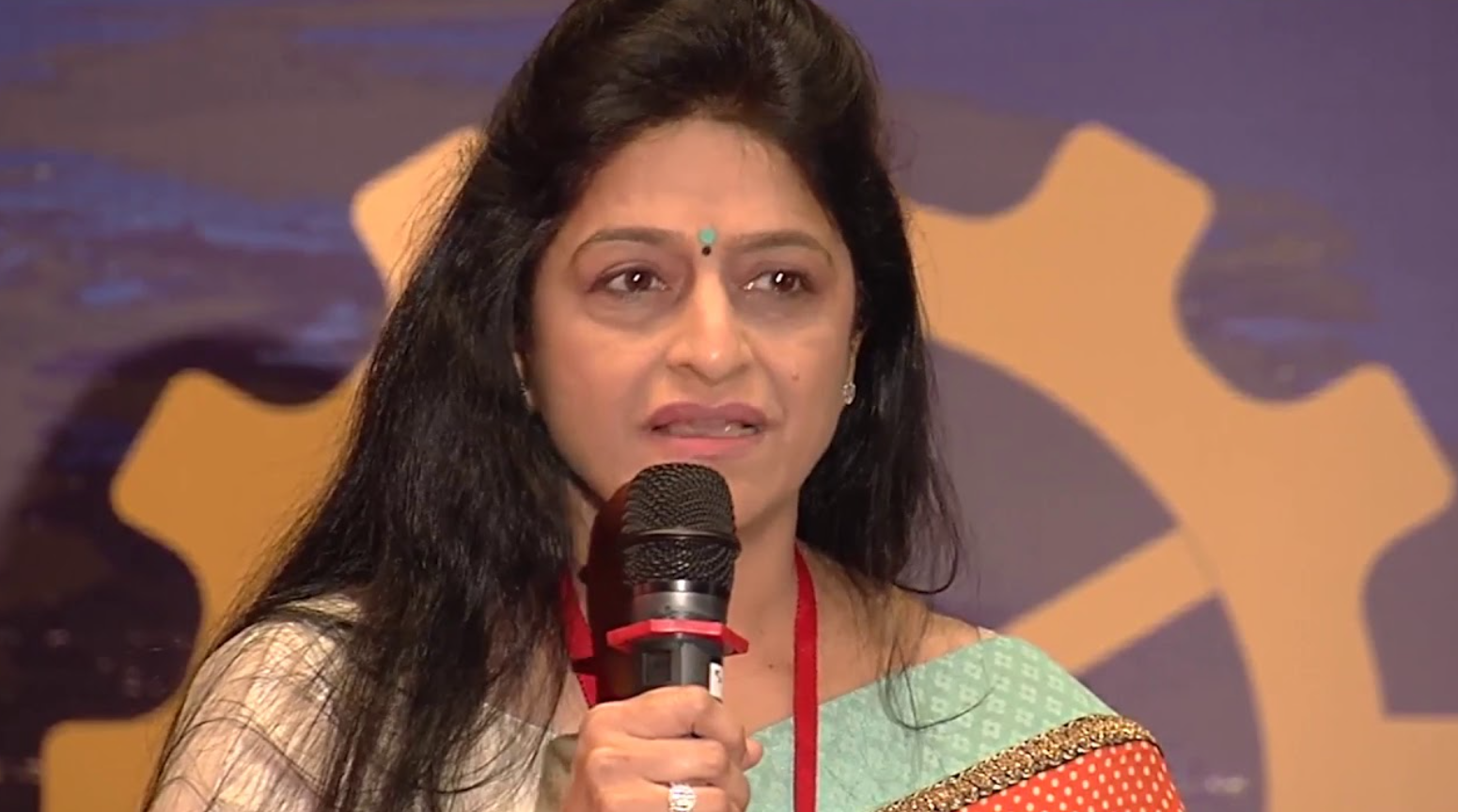Investigations
Indian Banned Fertility Doctor Cashes In on Kenya’s Lax Surrogacy Laws

Dr. Nayana Patel, once hailed as a fertility trailblazer in India, now operates quietly in Nairobi under the name Nulife Advanced Fertility Centre.
But behind the glossy posters and soft-spoken reassurances is a disturbing legacy.
Dr. Patel, banned in parts of India over repeated surrogacy malpractice claims, has found a fresh, unregulated playground in Kenya.
Her clinic in Parklands is being marketed as a haven for childless couples, but it hides a murky past. And worse—Kenya’s regulators are asleep, letting a global controversy slip past their radar.
Kenya’s Surrogacy Loophole Lets Banned Fertility Doctor Thrive in Nairobi
Dr. Nayana Patel made global headlines in the early 2000s after she pioneered commercial surrogacy in Anand, India. She was praised by some for offering infertile couples a path to parenthood. But over time, her name became tied to systemic exploitation of poor women.
In India, she was banned from operating after numerous complaints were filed against her by former surrogates and human rights advocates.
The allegations? Coercion, medical negligence, lack of postnatal care, and emotional abuse of women who had no legal safeguards.
Instead of facing the consequences, Dr. Patel simply packed her bags—and landed in Nairobi. Kenya has no comprehensive laws regulating surrogacy.
This loophole has opened the door wide for Patel and others like her to set up shop. Her clinic, Nulife Advanced Fertility Centre, began operating without scrutiny.
There’s no public record of due diligence by the Kenya Medical Practitioners and Dentists Council (KMPDC), or any vetting by the Pharmacy and Poisons Board.
The only “introduction” the public got was a social media poster declaring, “World-renowned Dr. Nayna Patel’s Nulife Advanced Fertility—Now in Nairobi, Kenya.”
Dangerous Silence from Kenya’s Regulators
Kenyans deserve better from their regulators. The KMPDC, tasked with vetting foreign doctors, has remained silent despite Patel’s controversial past. This isn’t a simple case of oversight—it’s a failure of duty.
Sources inside the medical council confirmed to us that there were no background checks done before Patel began her Nairobi operations. Her name doesn’t even appear in Kenya’s official medical practitioner registry.
Why was she allowed to operate without scrutiny? How did the Ministry of Health miss this?
“This should have raised every red flag,” says a senior medical ethicist at a Nairobi hospital, who requested anonymity. “She’s not just a controversial figure—she’s been blacklisted in India. And yet, here she is opening a clinic like it’s business as usual.”
Even worse, Patel is targeting desperate couples, many of whom are unaware of her past or the legal grey zone in which she’s operating.
The Dark Side of Indian Banned Fertility Doctor Surrogacy Empire
Dr. Patel’s operations in India often resembled something out of a dystopian novel. Her clinic in Anand became notorious for keeping dozens of surrogate mothers confined in dormitories.
Most were poor women from rural villages, recruited with promises of big payouts. But the reality was far grimmer.
In multiple cases, surrogates were denied proper medical care, had no control over their pregnancies, and were kept in isolation until delivery. After birth, many were quickly dismissed with partial payments and no follow-up care.
Critics say this model commodifies the womb and turns poor women into tools for wealthy clients—mostly foreigners.
Now, she brings this same model to Kenya. The worry is that local women, many also living in poverty, will be recruited in similar ways.
Kenya already faces widespread issues around maternal care, poverty, and gender inequality. The arrival of a doctor known for exploiting vulnerable women only worsens the situation.
And who will hold her accountable if something goes wrong? Kenyan families who lose their savings chasing parenthood? Surrogates who are harmed physically or emotionally?
What Must Be Done
Kenya must immediately launch a public inquiry into Nulife Advanced Fertility Centre and Dr Nayana Patel’s activities. The Ministry of Health should review her credentials and investigate how she was licensed to operate.
Parliament should also revisit the Assisted Reproductive Technology Bill and fast-track regulations on surrogacy. Surrogacy, when done ethically and with legal protection, can be a powerful tool for good.
But when it’s left in the hands of unregulated profiteers, it becomes a human rights crisis.
Dr. Patel’s arrival is not a sign of progress—it’s a warning. Kenya must choose: protect vulnerable women and families or let its medical sector become a dumping ground for banned practitioners from abroad.
Kenya Insights allows guest blogging, if you want to be published on Kenya’s most authoritative and accurate blog, have an expose, news TIPS, story angles, human interest stories, drop us an email on [email protected] or via Telegram
-

 Grapevine2 weeks ago
Grapevine2 weeks agoAlleged Male Lover Claims His Life Is in Danger, Leaks Screenshots and Private Videos Linking SportPesa CEO Ronald Karauri
-

 Grapevine1 week ago
Grapevine1 week agoRussian Man’s Secret Sex Recordings Ignite Fury as Questions Mount Over Consent and Easy Pick-Ups in Nairobi
-

 News5 days ago
News5 days agoTHE FIRM IN THE DOCK: How Kaplan and Stratton Became the Most Scrutinised Law Firm in Kenya
-

 Investigations1 week ago
Investigations1 week agoMulti-Million Dollar Fraud: Three Kenyans Face US Extradition in Massive Cybercrime Conspiracy
-

 Economy6 days ago
Economy6 days agoIran Demands Arrest, Prosecution Of Kenya’s Cup of Joe Director Director Over Sh2.6 Billion Tea Fraud
-

 Business7 days ago
Business7 days agoA Farm in Kenya’s Rift Valley Ignites a National Reckoning With Israeli Investment
-

 Africa1 week ago
Africa1 week agoFBI Investigates Congresswoman Ilhan Omar’s Husband’s Sh3.8 Billion Businesses in Kenya, Somalia and Dubai
-

 Business2 weeks ago
Business2 weeks agoM-Gas Pursues Carbon Credit Billions as Koko Networks Wreckage Exposes Market’s Dark Underbelly
















